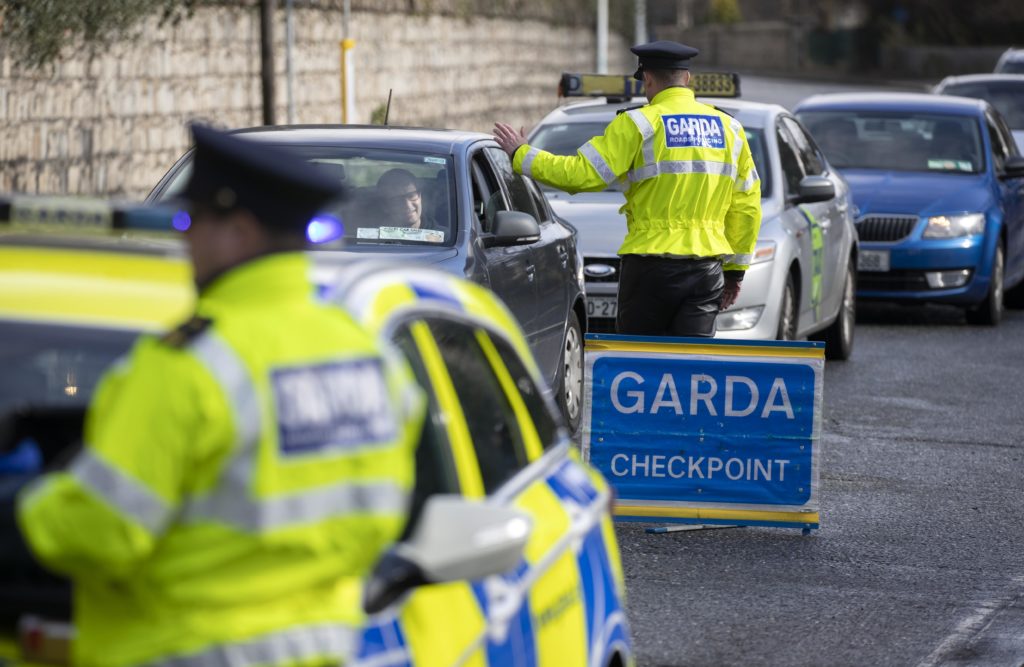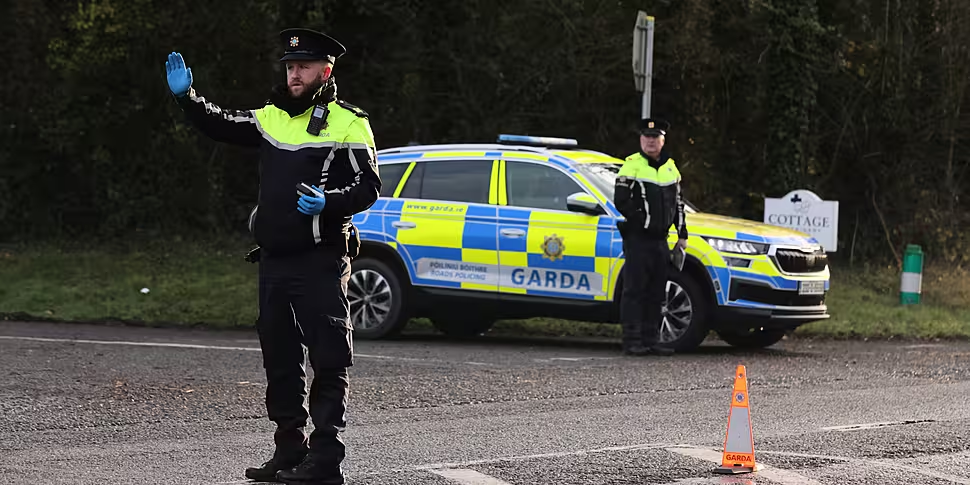Extra Gardaí are likely to be deployed on Friday to ensure people are complying with new nationwide speed limits.
On February 7th, the default speed limit on most of the country's local roads will drop from 80 km/h to 60 km/h.
The change was introduced as part of the Road Traffic Act 2024, which seeks to cut the number of deaths on Ireland’s roads.
On Newstalk Breakfast, transport expert Conor Faughnan explained what drivers can expect.
“The Government is changing the default that applies on roads,” he said.
“It had been 80 km/h for many, many years and, in fact, that 80 is the one that applies when you see that wonky sign that has a circle with a slash through it.
“That actually, technically, means that the nationally applied speed limit is what counts.
“So, what will we see from Friday? Well, we’ll see Gardaí out and about trying to enforce it.”
 Gardaí speaking to motorists. Picture by: Colin Keegan.
Gardaí speaking to motorists. Picture by: Colin Keegan.When asked whether he viewed the change as positive, Mr Faughnan said there were positives and negatives, noting there are some “truly ridiculous roads” where 80 remains the speed limit.
“Some of those speed limits are absolutely crazy,” he said.
“And the default speed limit on national roads is going to drop from 100 km/ph to 80 km/h later in the year as well.
“These are the defaults and the defaults… come into force if the local authority has done nothing.
“It’s much more important that the local authority acts on its own roads and there are plenty of locations nationwide where the local authority needs to do more.
“Lots of us speed limits need to come down - many of us can name locations - but it’s just as wrong to have a speed limit that is absurdly set too low.”
However, Mr Faughnan cautioned that reducing the speed limit on all roads without exception risks creating a culture where motorists “don’t respect speed limits”.
Main image: Gardaí enforcing road safety rules. Picture by: RollingNews.ie









